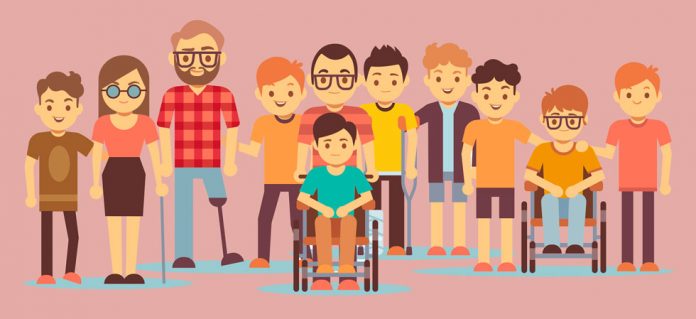That Pilates is an extremely beneficial practice for everyone, we already know that, but after all, can everyone do Pilates? And who has some kind of physical or mental limitation? The answer is YES, everyone can exercise with the Pilates method and today we are going to talk about Pilates for the disabled, that is, people who have any type of limitation in the functioning of the physical-motor or mental system.
Adaptation
Practicing physical exercises is necessary and beneficial for all people, no matter their condition, but of course, each person has their own needs and needs exercises appropriate to their reality. Pilates has this power where all exercises are adaptable for all types of people, without restrictions, that’s why it is such a democratic method.
The person who has a physical disability must be treated in the same way as all the others, however, one must have a more attentive follow-up, meeting and respecting the individual needs of this student, all of this in a natural and appropriate way for each case.
Exercises and stimulation
As we well know, Pilates promotes an improvement in posture, motor coordination, giving balance, strength and flexibility. Students should often be encouraged and coordinated to exercise even limbs and muscles which have limitations, always gradually.
Exercises for strengthening the trunk, lower and upper limbs are very useful, as well as stretching exercises. Balance exercises, in addition to promoting more stability, help with cognitive and motor skills, helping with concentration, coordination, and control of the body, providing mental and physical stimuli. In addition, the practice of Pilates also prevents depression and a worsening of health, it also works by improving the functions of the circulatory system, preventing pain.
Motivation and life change
Practicing Pilates changes the life of a person with physical disabilities, offers autonomy, improves their self-esteem, in addition to promoting new social life for the practitioner. Pilates acts as a therapy, people who felt limited and unmotivated due to their physical disability see Pilates as an opportunity to overcome. There is an aid in daily activities, improves physical conditioning, promotes relaxation and well-being, greater self-awareness about the body and mind and also the gain of new physical capacities. Then a new world of possibilities and a healthy life are discovered, that is, Pilates also works with the psychological of people, helping them and promoting a better quality of life.
Remembering in mind that it is important to have a follow-up together with the doctor / physiotherapist, the Pilates professional must always follow the student’s medical diagnosis to assist his practices.
Discover more from Pilates All Ages
Subscribe to get the latest posts sent to your email.
